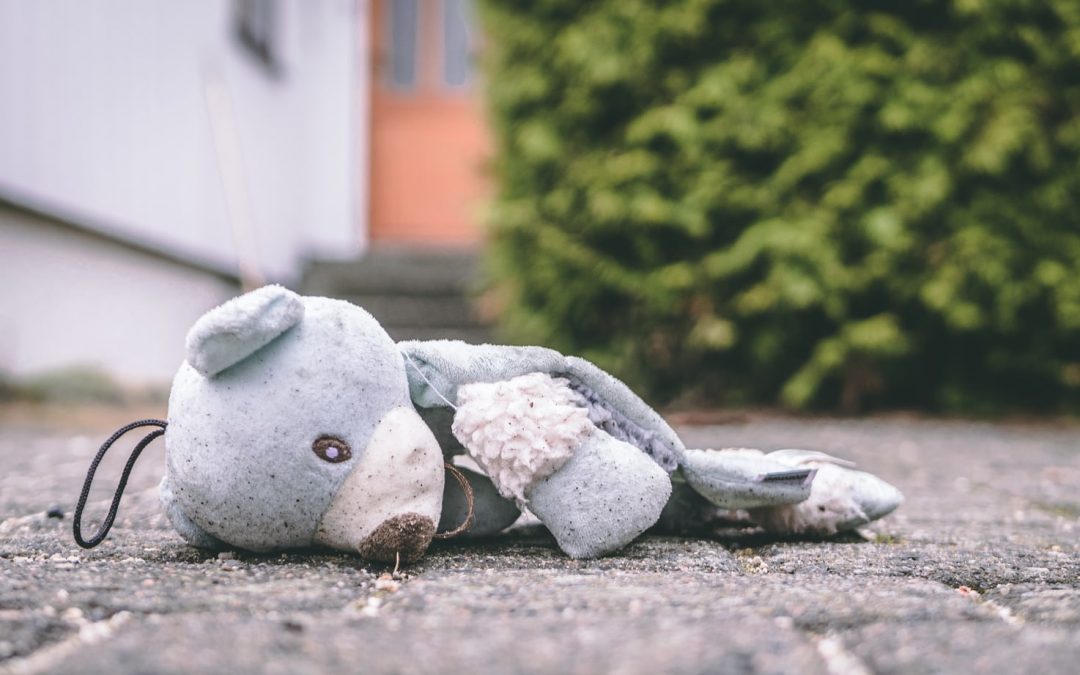I have written a lot about brokenness in my life. Even the title of my recently released memoir includes the word ‘brokenness.’
Someone interviewing me on a podcast recently asked, “What does it mean to be broken?”
My response: “A feeling of being so beaten up that even anger and rage finally die. Hopelessness. No fight left.”
I have made many mistakes and have stumbled a lot in my life. My typical responses to my early failures and their consequences were to become angry and to blame others for the problems I was facing, which often fueled further mistakes.
But I never felt completely broken until the break-up of my first marriage to a good man named Steve. Marrying Steve had finally made me OK in the eyes of my Mennonite family. They loved him and it looked like marrying him had finally made me acceptable in their eyes. So, besides my own fierce pain around the break-up of what seemed like the only close-knit family I had ever known, there was the shame of facing my parents with the news. Not only were they losing their beloved Steve, but divorce was one of the worst kinds of sin in their Mennonite rule book.
Here’s a scene from my book describing my descent into brokenness:
With Steve and the children gone, I was left to deal with the most frightening part of the divorce: writing the letter to my parents.
Dear Mom and Dad, I began. I have some sad news… Saliva pooled in my mouth, and I ran to the bathroom and retched.
I tore up the letter and began another one. My heart is heavy, I wrote. This one, too, I threw away. After four tries, I put aside the pen and paper. Huge sobs exploded from my chest. I curled up on my living room floor.
I was unaware of time passing. At one point, in a thick fog, I heard that someone had opened the front door and was coming up the short flight of steps of our bi-level house.
My friend Sue gasped as she stared down at me, coiled into a fetal position on the floor. “I have been trying to call you all day. What are you doing?” She screamed at me.
I didn’t respond.
“Marlena, what are you doing?” She yelled louder. It worked. I slowly lifted my head, but it felt like an enormous rock, separated from my body, and it dropped back onto the floor.
“You look awful. Are you sick? I’m sorry I yelled at you. I was just so worried. Should I take you to the hospital?” Her voice softened and she laid one hand on my shoulder.
“Uh-uh,” I moaned.
And then I remembered where I was and why there was no point in living anymore. “Steve has taken the kids to Florida to see his parents and tell them we’re divorcing. I begged him to reconsider, that there must still be some hope, that…” My voice cracked and I mumbled into the carpet, “There’s no reason for me to go on living.”
Each one of us has experienced some form of brokenness in our lives (and if you have not yet been there, you will, I assure you). Maybe it’s the death of a loved one; or losing a job; or a health crisis; or your losses during COVID-19.
If the desire to get up and start over is gone, if even the anger is gone, and you believe it’s just not worth the heartache to rise up off the floor and face your life, that’s brokenness.
The same podcaster who asked me what it meant to be broken, then asked me what I would like to share with others about brokenness, based on my life experiences.
Three things:
- All of my writing, the essays and blogs as well as my memoir, serve as a reminder that we’re not alone. Too often, when we sit in a broken place, we feel isolated and alone in our suffering. Just knowing that is not so may lighten the load.
- Also, the awareness of our brokenness actually opens the space for healing to occur. Like the late great Leonard Cohen said, “There’s a crack in everything. That’s how the light gets in.”
- In fact, the broken moments in my life have been the greatest learning opportunities for developing resilience and finding new strengths I didn’t even know I had. During those dark times, I had no choice but to look in new places to create change within myself and for my life.
It truly sucks to lie on the floor in a broken heap. It’s no wonder we fear the dark times and try to avoid them as much as possible.
But the dark times will always find us. They spare no one.
The next time I find myself in the midst of the darkness, I will try to remember the words of Khalil Gibran:
“Out of suffering have emerged the strongest souls; the most massive characters are seared with scars.”

